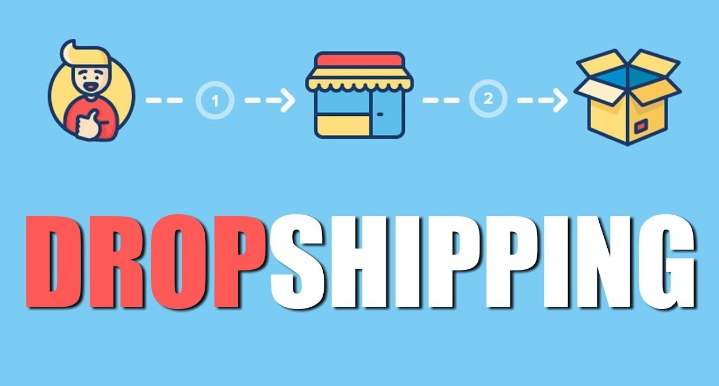Finding reliable suppliers is a crucial step for any entrepreneur looking to establish a successful online store on Shopify. Suppliers not only provide the products you sell but also play a significant role in your business's reputation and customer satisfaction. A dependable supplier can ensure timely deliveries, high-quality products, and effective communication, which are all essential for maintaining a thriving e-commerce business.
The Wholesale Market Landscape
The wholesale market is vast, with an estimated worth of $670 billion annually in the U.S. alone, reflecting a growth of over 38% since 2020. This growth has attracted many entrepreneurs, particularly those interested in dropshipping, to explore the opportunities within wholesale e-commerce. However, navigating this market can be overwhelming due to the sheer number of options available.
Essential Tips for Finding Suppliers
1. Define Your Product Niche
Before you start searching for suppliers, it's essential to have a clear understanding of your product niche. Knowing what you want to sell will help you identify suppliers that specialize in those products. Consider the following:
Market Demand: Research what products are trending and which niches are underserved.
Target Audience: Understand who your customers are and what they value in products.
2. Research Supplier Options
Online Directories and Marketplaces
Utilizing online directories can simplify your search for suppliers. Some popular platforms include:
Alibaba: A global marketplace connecting you with manufacturers, primarily from Asia.
ThomasNet: Focused on North American manufacturers.
Global Sources: Offers a variety of suppliers from different regions.

Trade Shows
Attending trade shows is an excellent way to meet suppliers face-to-face. This personal interaction can help build trust and allow you to inspect products firsthand.
Social Media and Online Communities
Engaging with industry-specific groups on platforms like Facebook or LinkedIn can provide valuable insights and recommendations from fellow entrepreneurs.
3. Evaluate Potential Suppliers
Once you have a list of potential suppliers, it's time to evaluate them thoroughly:
Check Reviews and Ratings: Look for feedback from other businesses that have worked with these suppliers.
Request Samples: Before making large orders, request samples to assess product quality.
Assess Communication: Ensure that the supplier communicates effectively and promptly.
4. Negotiate Terms
Negotiation is key when establishing a relationship with suppliers. Consider discussing:
Pricing Structures: Understand how pricing works and whether discounts are available for bulk purchases.
Minimum Order Quantities (MOQs): Know the minimum quantities required to place an order.
Payment Terms: Discuss payment options that suit both parties.
5. Understand Shipping and Handling
Shipping logistics can significantly impact your business operations:
Delivery Times: Ensure that the supplier can meet your shipping requirements.
Shipping Costs: Analyze how shipping fees will affect your overall profit margins.
Return Policies: Familiarize yourself with their return policies in case products do not meet customer expectations.

Alternative Sourcing Methods
Dropshipping
Dropshipping allows you to sell products without holding inventory. When a customer places an order, the supplier ships the product directly to them. This model reduces upfront costs but requires careful selection of reliable dropshipping partners.
Collaborative Commerce
Consider platforms like Carro, which enable partnerships with established brands without holding inventory. This approach can enhance credibility while providing access to high-quality products.
Common Pitfalls to Avoid
1. Choosing Low-Cost Over Quality
While it may be tempting to go for the cheapest option, prioritize quality over cost. Low-quality products can harm your brand’s reputation and lead to high return rates.
2. Ignoring Supplier Communication
Poor communication can lead to misunderstandings regarding orders or product specifications. Ensure that your chosen supplier values clear communication.
3. Failing to Diversify Suppliers
Relying on a single supplier can be risky if they face issues like stock shortages or delivery delays. Consider establishing relationships with multiple suppliers to mitigate risks.
Conclusion
Finding reliable suppliers is foundational for building a successful Shopify store. By defining your niche, researching thoroughly, evaluating potential partners, negotiating favorable terms, and understanding logistics, you can establish strong supplier relationships that contribute positively to your business growth.
As you embark on this journey, remember that patience and diligence are essential in sourcing quality products that resonate with your target audience. With the right approach, you can navigate the complexities of finding suppliers and set up a thriving e-commerce venture on Shopify.


